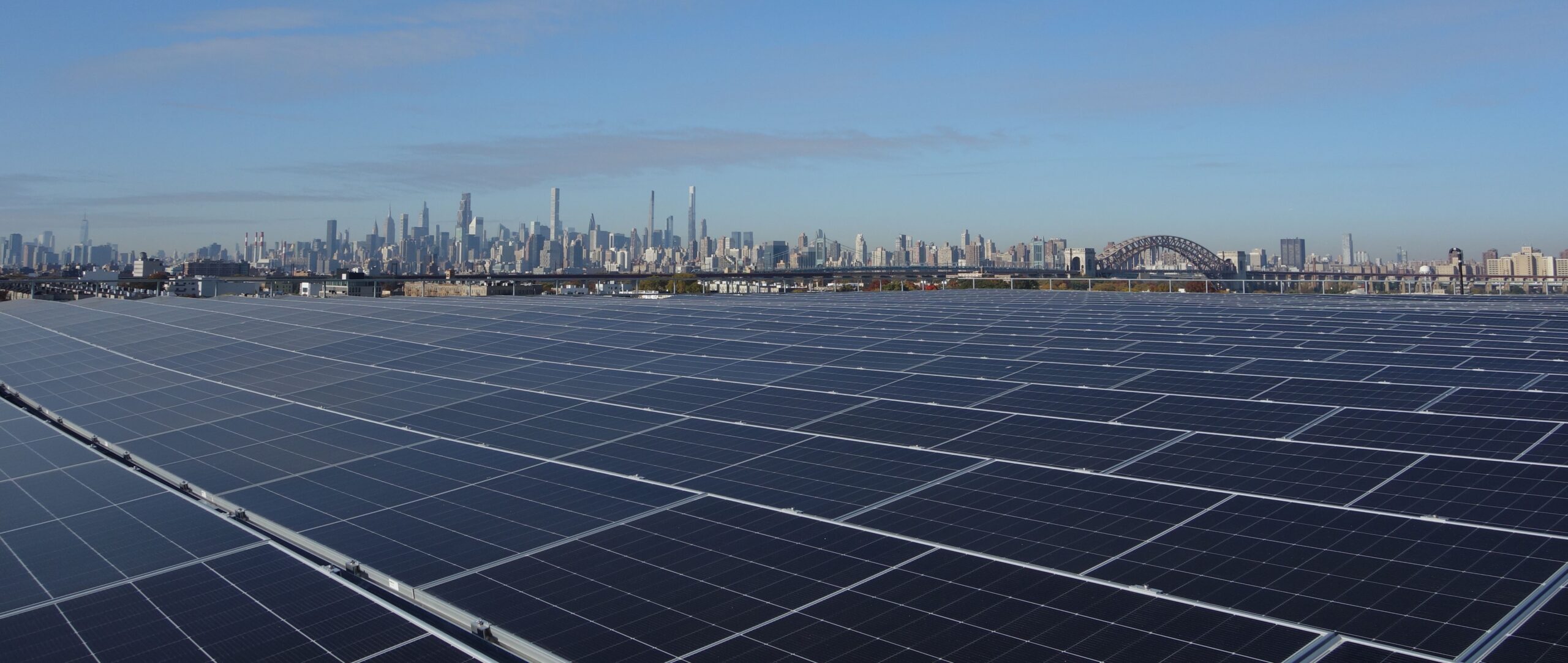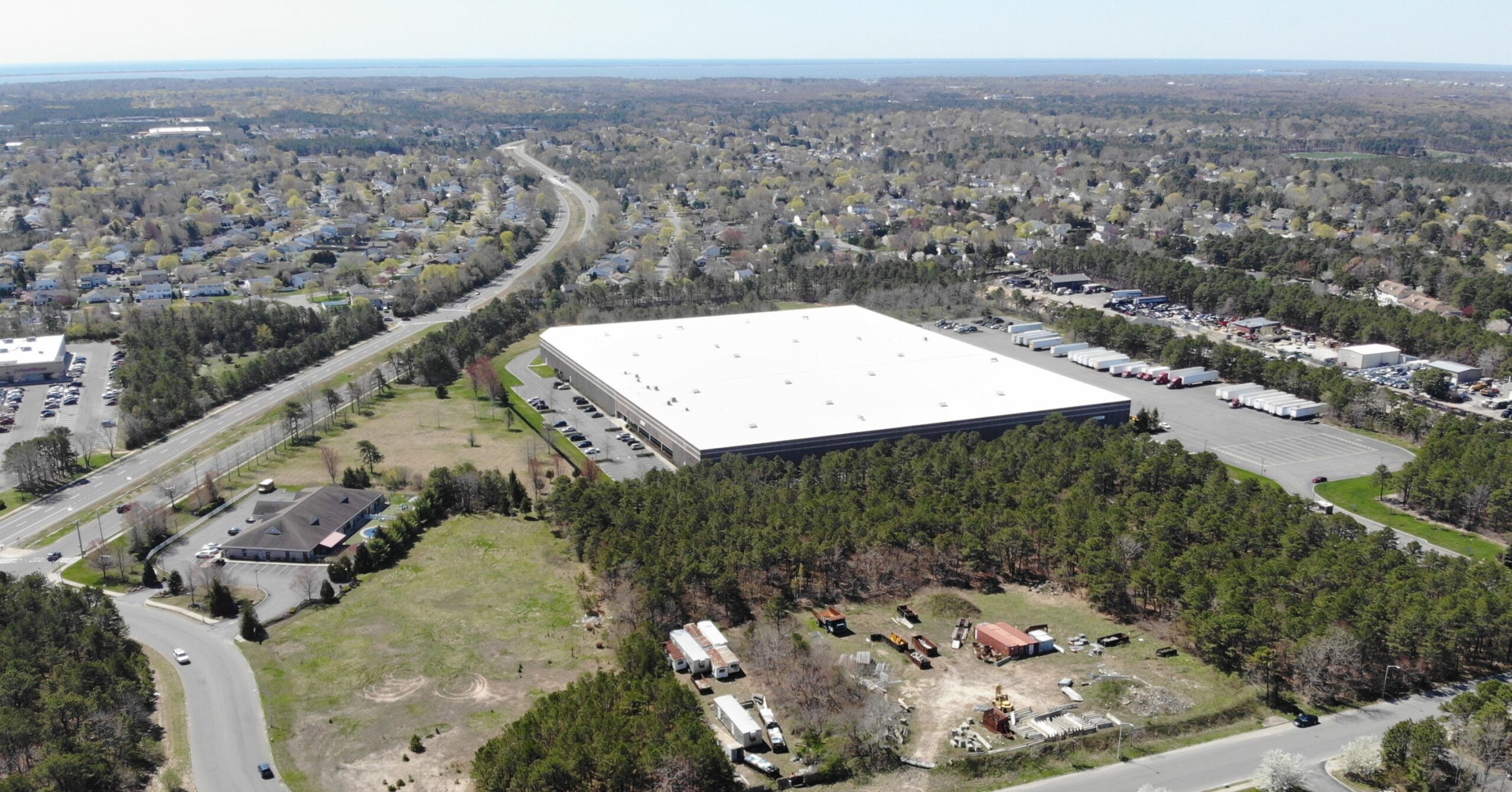April 24, 2025 – UGE, a leader in commercial and community solar, announces that it has reached commercial operation on its 1.4-megawatt
If you have 10+ acres available for use, it might qualify to be our next community solar farm. There’s no risk or hassle on your end; we’ll be 100% responsible for the development, financing, construction and lifetime of the system.
Earn Passively
Earn long-term lease payments on land that might otherwise lay fallow.
Protect the Planet
Help protect the planet by adding 100% renewable energy to the grid.
Save on Energy
You and your community have the option to subscribe to the system and save 10%+ on electricity rates.
One-Stop Partners
Our team is your single point of contact from start to finish. Integrity and open communication guide our relationships with partners every step of the way.
Featured Projects
UGE worked with the Town of Norway and the Center for an Ecology-Based Economy to develop this ground-mount community solar project. Built atop a former landfill, this is UGE’s first brownfield solar redevelopment project.
Add Your Heading Text Here
This ground-mount project, which went live in early 2023, is UGE’s first in the state of Texas. UGE also has a second solar project and a battery energy storage project under development in Smithville.
Add Your Heading Text Here
Add Your Heading Text Here
Add Your Heading Text Here
Add Your Heading Text Here
Frequently Asked Questions
Community solar projects, also known as solar farms, solar gardens, solar parks, or solar fields, are areas of land, commercial rooftops, or carport canopies containing interconnected solar panels that harvest large amounts of solar energy at once. Solar farms are designed for mid- to large-scale solar energy generation that feeds directly into the grid, as opposed to individual solar panels that usually power a single home or building.
Community solar projects are hosted by property owners on their land, commercial rooftops, or above parking lots. Individuals, organizations, and corporations can then ‘subscribe’ to the community solar project and save at least 10% on electricity costs. For hosts, community solar has no cost – in fact, the host actually earns money through the long-term lease payments they receive in exchange for hosting the project. Hosts also have the option to subscribe to the solar farm and like other subscribers and save on their electricity bills.
We’re thrilled to see more and more states launching community solar programs, so the list is growing all the time, but right now we are excited to hear from property owners in the following states:
Arizona
California
Colorado
Connecticut
Delaware
Florida
Hawaii
Illinois
Maine
Maryland
Massachusetts
Michigan
Minnesota
New Jersey
New Mexico
New York
Ohio
Oregon
Pennsylvania
Rhode Island
Vermont
Virginia
Texas
Washington
Lease rates vary quite a bit based on the state, county, and utility territory where your property sits, as well as the specific characteristics of your property. In order to provide an estimate lease rate, we’ll need to complete a quick feasibility analysis for your property. Just fill out the form on this page to get started!
Nothing at all! We know, it sounds a little too good to be true, but this is the truth: we fund the entire process of building and maintaining our solar projects, which we are able to do through the public and private investments we receive as a publicly traded company. In fact, you would actually earn long term lease revenue and save on electricity over the twenty-five years the project resides on your land, rooftop, or parking lot.
The reality is that developing, owning, and maintaining a solar farm costs millions of dollars, which is why they are rarely constructed by individual property owners. And that’s why we’re here to help!
Solar is a clean and renewable source of energy that is largely carbon- and pollution-free. In fact, considering lifecycle greenhouse gas emissions, solar generation produces less than 1/20th of the emissions of coal generation and uses much less water. It also boasts smaller land use footprints when compared to coal, biomass, natural gas, and nuclear.
Land impacts from solar farms can be minimized by siting projects on previously disturbed or altered landscapes (often called brownfields), or sites where multiple compatible land uses can be maintained e.g., agricultural lands, existing buildings, parking garages, etc.
For sustainable groundskeeping, we typically select and plant native species. Benefits of native shrubs and groundcovers, such as grasses and wildflowers, include improved erosion control, pesticide avoidance, stormwater infiltration, wildlife habitat, and reduced overall maintenance.
In the case of agricultural lands, solar farms can either provide an opportunity for dual-use of lands while continuing productive agricultural use of the site or use property that would have otherwise sit dormant or only had nominal use.
For more information on the topic check out this article!
It’s quite a process to get from start to finish with a solar project. First, you need to have the site evaluated, which includes having the land assessed to ensure that the development of a solar project does not violate any environmental or local regulations. Next, the system must be designed specific to the site by a licensed engineer and approved by a third-party engineer who is certified to ‘stamp’ designs in the state in question. Then, before building can commence, interconnection applications with the local electrical utility must be submitted and approved (expensive substation and/or feeder upgrades may be needed), and in most municipalities, approval of the local planning board must be secured in order for a project to be built. Additionally, utility and/or transmission level studies may also be required during the interconnection phase, which extends the project development timeline. Once all of the necessary approvals are in place, solar PV panels will be procured and installed by licensed installers and electricians. Representatives of the local utility as well as other governing bodies (depending on the location of the project) will then visit the solar farm to inspect and approve the final installation. After that, the solar project will finally be up and running!
News & Resources
Good news for building owners in Austin: community solar has gotten a makeover! Thanks to new efforts by the city, commercial property
April 15, 2025 – UGE, a leader in commercial and community solar, announces that it has reached the ‘Notice to Proceed’ (NTP)
Get Started
Become our next solar project host and earn passive income while bringing clean energy to your community.



